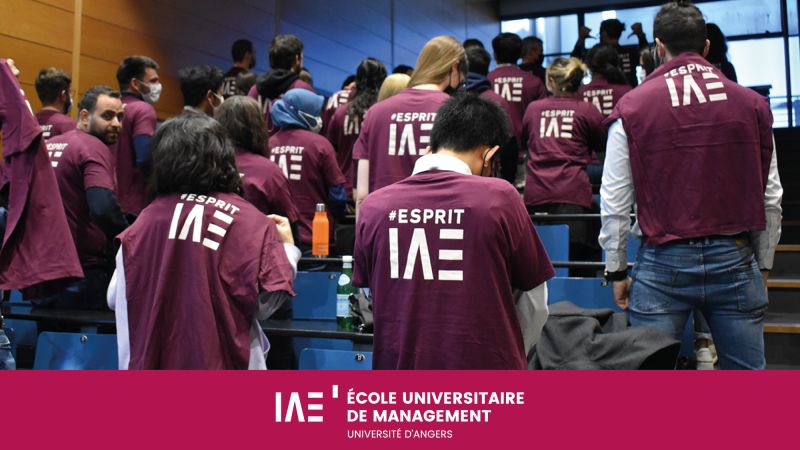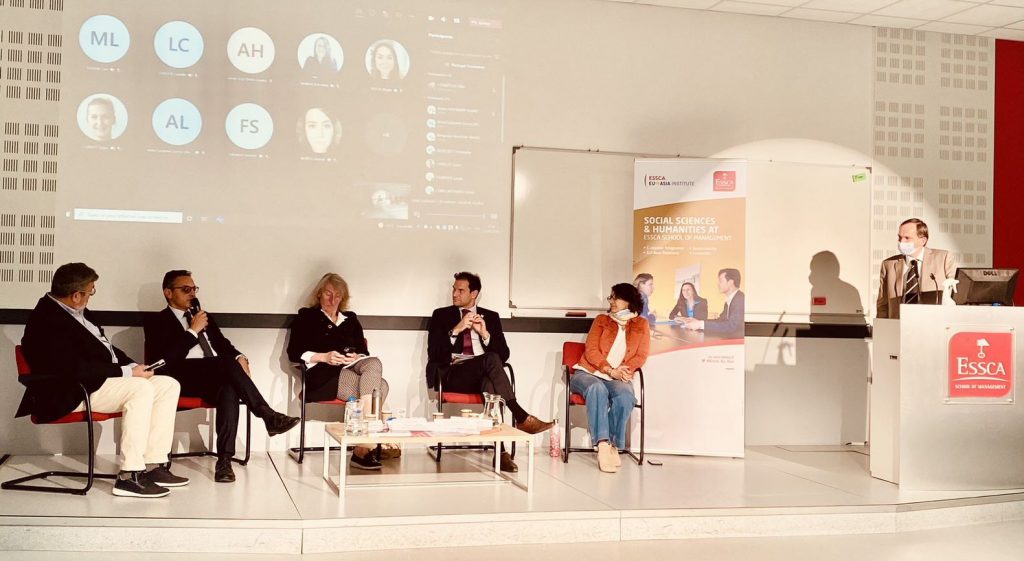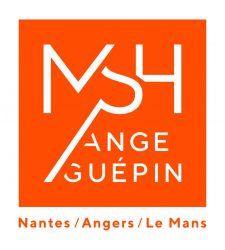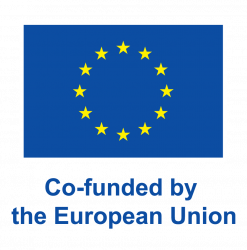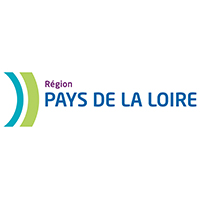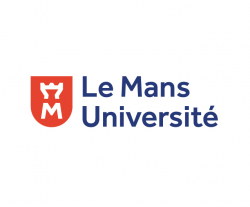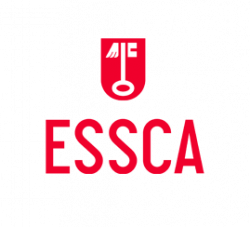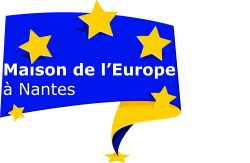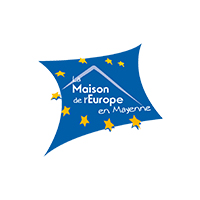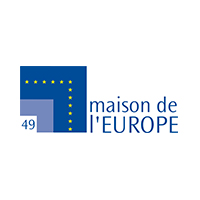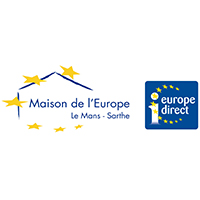Interrogating the notion of identity and its processes is at the heart of our reflection. Europe is viewed here as a plural entity. However, “building Europe” is not restricted to a political and institutional project geared towards the future. It describes a long-term history, one which has been marked by the often conflictual diversity of political and social groups, of the cultures, religions and languages that exist on the European territory and in the ultramarine spaces controlled by it.
New Societies, Statuses, Minorities, Citizenships
Ever since antiquity, the history of Europe has been a mosaic of people, sovereignties, religions and customs. During modern times, European sovereignties governed diverse and faraway populations by way of imperial projection and the process of colonisation. The often pluri-secular link between such spaces and their populations has been maintained through immigration towards Europe, despite decolonization having taken place in the twentieth century. In the long run, how are “minority” populations integrated in societies that were consecutively imperial, monarchic and, finally, democratic?
The Transfers and Circulation of Models
The role of Europe and of Europeans in globalisation was built on the circulation of ideas and knowledge. How have political, cultural and economic models circulated outside of Europe and, vice-versa, towards Europe? This question examines the cultural, political, economic and social hybridisation and transformation of Europe in regards to its relationship with the rest of the world. It is concerned with the tangible mediators conveying such knowledge: travellers, exiles, military personnel, immigrants. It is also interested in the forms of this mediation: newspapers, literature, translations, etc.
Identities, Migrations, Integration
Here, the focus narrows on migrations, one of the most important aspects of Europe melding with the world. How should the nation be defined culturally and/or politically in light of the migratory movements in Europe and outside of Europe? Our main question is centred on the socio-political and geopolitical mechanisms that generate national and identity constructs. What place should one assign to migratory phenomena within such a mental, political and societal construction? Do these phenomena contribute to the modification of the cultural spaces they invest?


